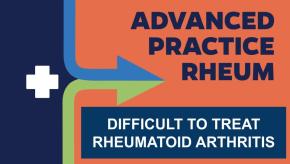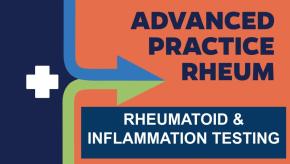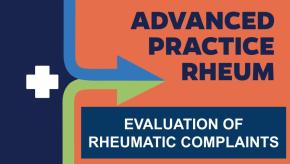
Blogs


Rheumatoid & Inflammation Testing
Master the dos and don'ts of ordering RF, CCP (ACPA), and inflammatory markers that could transform your diagnostic accuracy.
Evaluation of Rheumatic Complaints
Dr. Cush provides a systematic approach to evaluating musculoskeletal and rheumatic complaints in clinical practice.Hydroxychloroquine for Everyone
Nearly 25 years ago, while lecturing on best therapies for rheumatoid arthritis (RA), I loudly stated that hydroxychloroquine was “useless” and, deservedly, I was “boo-ed” off stage. My point then was that rheumatologists needed to be aggressive, if not overly aggressive, in treating all RA patients. And my view was that HCQ was representative of under-treatment. I have reconsidered the use of HCQ in RA substantially in the last few years, based on its merit.Best of 2023: New ACR RA-ILD Treatment Guidelines – What Were They Smoking!?
Rheumatoid arthritis related interstitial lung disease (RA-ILD) is common, with symptomatic RA-ILD affecting approximately 8% of RA patients. There is a very limited evidence base supporting treatment and therefore the recent release of ACR guidelines is to be welcomed. However, the published guidelines appear discordant with the best available evidence base.














